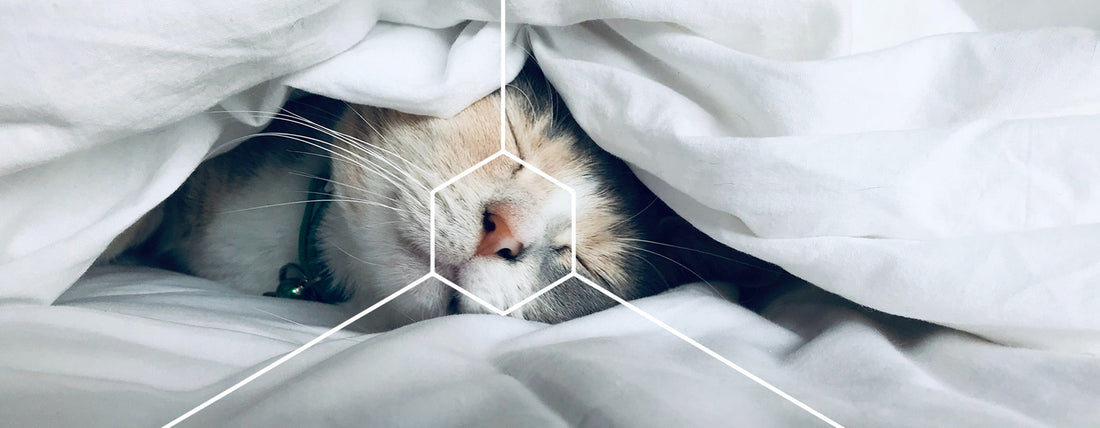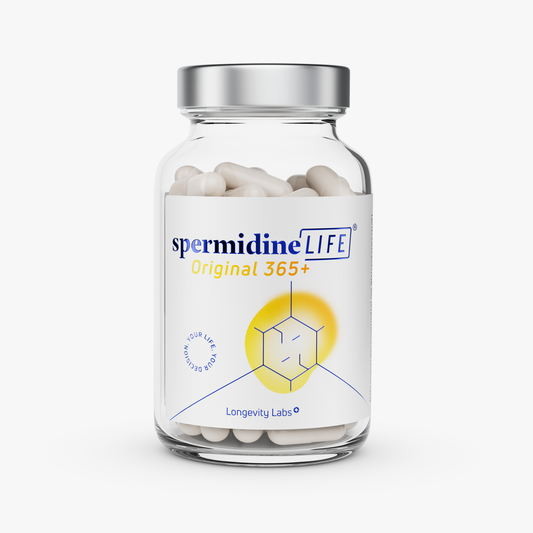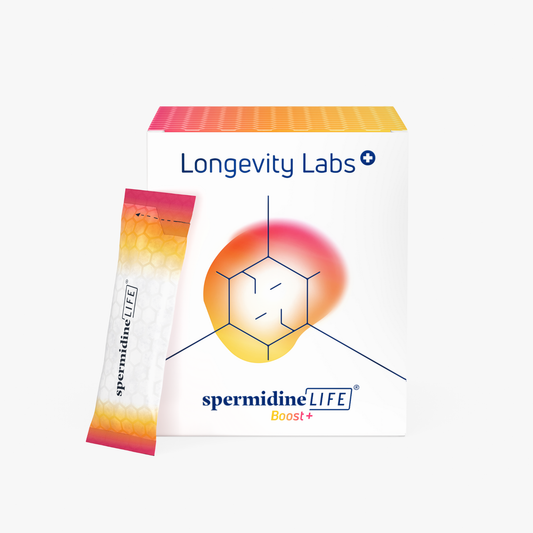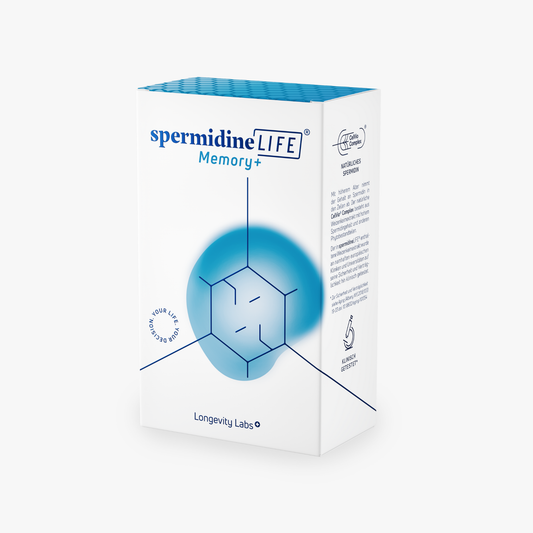
Healthy sleep for the immune cells - guest post by Nils (Instagram: @trianils)
Immunity+,Memory, TLL LongevityLabsRegular exercise is of tremendous importance to our immune cells, as I discussed in my last article already told you. But what many do not know: At least as important, is the regeneration time and sleep in between! With a sports unit we set a stimulus in our body, which subsequently leads to an increase in our performance, but the actual process of this so-called adaptation takes place only in the rest phases, especially during sleep.
When we sleep, important regeneration and repair programs run in our body and growth hormones are released, which in turn are needed for cell division and new cell formation. Furthermore, reorganization processes take place in our brain, newly learned movement patterns are consolidated and new information is stored in the long-term memory. Sleep also supports the work of certain immune cells, such as T cells[1], which attach themselves to infected or damaged body cells and destroy them. In addition, the hormone release during sleep promotes the formation of the acquired immune system and immune memory, thus our body can react faster to future threats. Our body thus adapts to the new performance requirements during sleep, it increases the performance level beyond the original level in order to cope with future stresses more economically. Our performance level continues to shift upward as part of this adaptation process.
According to a study conducted in California, with over one million participants, the optimal sleep duration is 7 hours[2], but with individual variations. For example, the amount of sleep required tends to decrease from the age of 64. The researchers also came to the conclusion that people who regularly sleep more than 8 hours or less than 6 hours have a statistically significant increase in the risk of diabetes, obesity and poor concentration. Also the activity of the immune cells is also inhibited by acute sleep deprivation and our immune system is thus weakened. Thus, just three hours of sleep deprivation can severely weaken our immune cells and make us more susceptible to infections [3].
But sleep duration is not the only important factor. Sleep quality plays an equally important role. An irregular sleep rhythm, alcohol, nicotine and stress negatively affect our sleep quality and should ideally be avoided to ensure a deeply relaxed sleep. By the way, the so-called "inner clock" really does exist and is called circadian rhythm in technical jargon - a rhythm that extends over 24 hours. Our sleep-wake rhythm can be mentioned as an example, because it is deeply anchored in our cells. Chronobiology is a branch of biology that deals with the temporal organization of biological systems, such as the very regular release of various hormones in the human body, depending on the time of day. Since 1980, there has been extensive research in this field 2017 there was the Nobel Prize in Medicine for the discovery of the circadian rhythm[4].
Personally, I try to turn off my cell phone 30 minutes before bedtime, as well as PC and TV. I try to keep my sleep rhythm as constant as possible. The advantage is that this means I usually wake up between 05:30 and 06:00, even without an alarm clock, and I am refreshed. The "disadvantage": this is also the case on weekends, but then I simply have more of the day. All this falls into the area of so-called sleep hygiene. This involves, on the one hand, developing optimal behavior and sleep rituals to get the body in the right mood for a good night's rest, and on the other hand, creating the optimal sleep environment. To create the best conditions for good sleep, the bedroom should always be a few degrees colder than the rest of the home. The ideal temperature for sleeping is between 16 and 18 or a maximum of 20 degrees, which applies equally to adults and children. In addition, darkness is indispensable for a good night's sleep, while brightness sensitively disturbs our sleep.
The best thing to do after reading this article is to start a little self-experiment and try to create the optimal conditions for a restful night for a few days in a row. If possible, turn off your cell phone 30 minutes before going to bed, air your bedroom and then darken it as much as possible.
For those who find it difficult to relax before going to bed, here is a relaxing breathing techniqueThis is also known as "coherent breathing" and has been proven to activate the parasympathetic nervous system (i.e. the rest mode). To do this, place both hands on your abdomen so that they lift as you inhale and exhale. Now count to 5 while inhaling and then immediately exhale again, again counting to 5. After just 5 to 10 minutes, a noticeable relaxation sets in in your body [5].
Have fun trying it out and hopefully have a restful sleep.
[1] https://www.haz.de/Nachrichten/Wissen/Uebersicht/Neue-Studie-Wie-Schlaf-das-Immunsystem-staerkt
[2] Kripke DF, Garfinkel L, Wingard DL, Klauber MR, Marler MR. Mortality Associated With Sleep Duration and Insomnia. Arch Gen Psychiatry. 2002;59(2):131–136. doi:10.1001/archpsyc.59.2.131
[3] https://www.br.de/nachrichten/wissen/zu-wenig-schlaf-schwaecht-das-immunsystem,RHxSh2V
[4] https://www.spektrum.de/news/medizin-nobelpreis-fuer-die-innere-uhr/1507805
[5] Zaccaro A, Piarulli A, Laurino M, et al. How Breath-Control Can Change Your Life: A Systematic Review on Psycho-Physiological Correlates of Slow Breathing. Front Hum Neurosci. 2018;12:353. published 2018 Sep 7. doi:10.3389/fnhum.2018.00353.
Nils von Münster-Kistner
Physiotherapist & Triathlete
Instagram: @trianils






